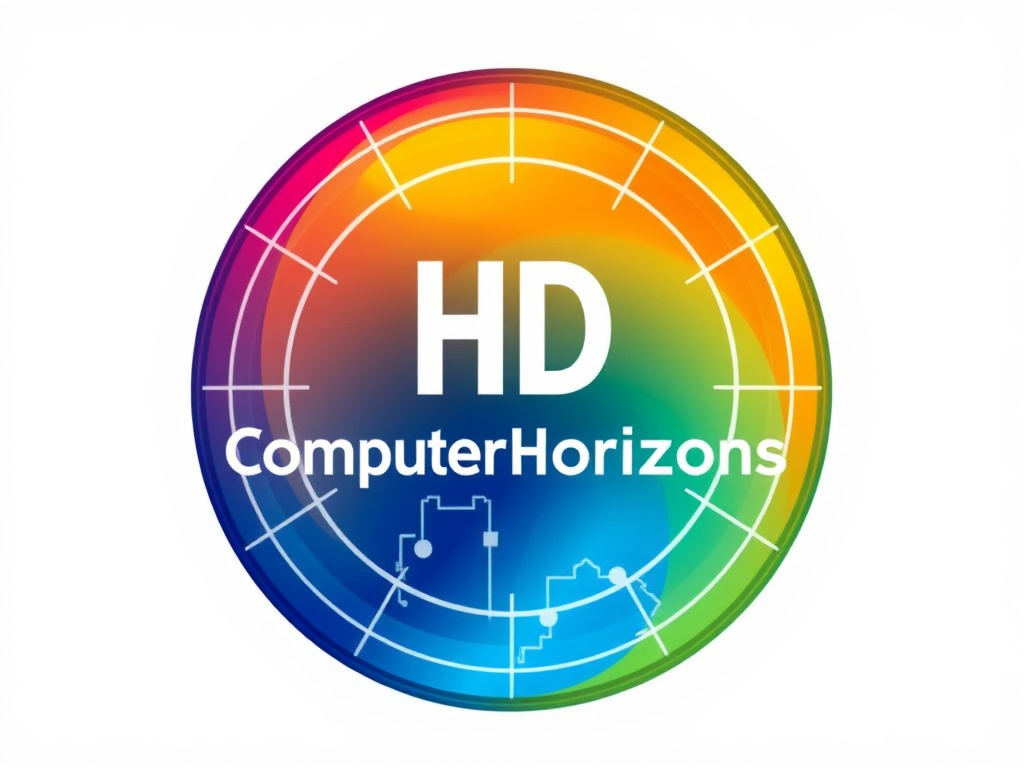Key Changes in High-Tech Careers Driven by AI
Artificial intelligence is fundamentally reshaping the tech job market trends by transforming existing roles and unlocking new opportunities. In many high-tech industries, AI has introduced automation that optimizes routine tasks. This shift means some traditional roles are becoming less focused on manual processes and more centered on overseeing, maintaining, or improving AI systems. For example, tasks like data entry or repeated analysis are increasingly automated, allowing professionals to concentrate on higher-level problem-solving and creative work.
Simultaneously, AI creates fresh career paths that demand novel skill sets. The impact of AI in high-tech industries extends beyond mere replacement; it enriches roles by merging technical expertise with interdisciplinary knowledge. This shift intensifies the demand for skills such as data science, machine learning, and AI ethics. Professionals are expected not only to understand AI technologies but also to apply them responsibly and creatively within business contexts.
Also read : How Does High-Tech Innovation Drive the Future of UK Computing?
A notable AI career impact involves the rising need for adaptability. Workers must now develop a blend of technical and soft skills to navigate evolving job requirements effectively. In essence, as AI advances, career landscapes in high-tech sectors become more dynamic, challenging both employers and employees to continuously reskill and stay relevant.
Emerging Job Roles and Specialisations
AI advancements have triggered a surge in AI job roles across high-tech sectors, fundamentally shifting the landscape of employment. Positions such as machine learning engineers, AI ethics specialists, and data annotation experts are now in high demand. These roles require a blend of technical know-how and an understanding of ethical and social implications related to AI deployment.
This might interest you : Simplify your legal experience with ai support from linda
Traditional tech jobs have evolved too, often incorporating responsibilities linked with AI supervision and algorithm refinement. For instance, software developers are increasingly tasked with integrating AI models into applications, while systems analysts focus on optimizing AI-driven workflows. This change reflects the broader AI career impact on existing tech roles.
The demand for AI specialisations is especially pronounced in areas like natural language processing, computer vision, and reinforcement learning. These fields are vital in sectors ranging from autonomous vehicles to healthcare technologies. Consequently, new tech careers are emerging that emphasize interdisciplinary skills, combining domain knowledge with AI expertise.
Understanding these shifts is crucial for professionals aiming to stay competitive in the fast-evolving tech job market. Those who grasp the nuances of these emerging roles can better position themselves to capitalize on the expanding opportunities stemming from AI in high-tech industries.
Skills and Competencies for Future-Proof Careers
In the evolving landscape of AI in high-tech industries, acquiring the right AI skills is indispensable. Technical expertise such as programming languages (Python, R), data science, machine learning, and cloud computing form the foundation. These skills enable professionals to design, implement, and maintain AI systems effectively, meeting the growing demands across sectors.
However, technical knowledge alone is insufficient. The AI career impact highlights the rising importance of soft skills like critical thinking, communication, and adaptability. Interdisciplinary knowledge—understanding business strategy, ethics, or domain-specific contexts—amplifies one’s ability to apply AI solutions responsibly and innovatively.
Continuous reskilling for AI is essential to stay competitive amid accelerating tech job market trends. Strategies include engaging with online courses, attending workshops, and following emerging AI research. Many professionals combine self-directed learning with formal certifications to solidify their credentials.
Employers increasingly value candidates demonstrating flexibility in mastering new tools and concepts. Thus, cultivating both technical proficiencies and broader competencies fosters resilience in a changing job market shaped by AI. By prioritizing these skills, individuals position themselves to thrive in high-tech roles influenced by AI advancements.
Navigating AI-Influenced Career Transitions
Navigating tech career transitions in the age of AI requires strategic planning and focused AI career advice. Professionals facing role changes should prioritize reskilling for AI to remain competitive. This involves mastering foundational AI skills such as programming languages like Python, understanding machine learning concepts, and familiarizing themselves with AI system deployment.
Career changers or those entering the field can benefit from structured pathways offered by online courses, bootcamps, and certifications that target essential tech job market trends. Practical experience, such as participating in AI projects or internships, strengthens understanding and employability. Flexibility remains key—continuous adaptation to evolving technologies ensures long-term success.
For those concerned about transitioning, leveraging networks—including industry groups and mentorship programs—can provide personalized guidance. Combining soft skills with technical mastery amplifies value in AI-impacted roles. Strategic investment in interdisciplinary knowledge, including ethics and domain-specific applications, prepares individuals to navigate shifting demands effectively.
Ultimately, embracing a proactive mindset by seeking reskilling opportunities and staying informed on AI’s role in high-tech industries enables smooth career progression amidst rapid change.
Key Changes in High-Tech Careers Driven by AI
AI in high-tech industries is not only automating routine tasks but fundamentally transforming job roles. Traditional positions now require professionals to oversee and fine-tune AI systems rather than perform manual operations. This shift has sparked an unprecedented AI career impact by merging AI oversight with core responsibilities, introducing new layers of complexity in many roles.
The tech job market trends indicate a rising demand for expertise that combines both technical proficiency and interdisciplinary awareness. Automation has reduced the need for repetitive work, releasing resources for higher-order tasks such as AI model training and ethical governance. Consequently, workers must develop skills beyond coding, embracing domains like AI ethics and business strategy to optimize AI integration.
Moreover, the impact of AI in high-tech industries emphasizes adaptability as a cornerstone competency. Professionals face shifting expectations requiring continuous learning and skill diversification. Organizations value employees who can navigate these evolving demands, balancing algorithmic refinement with human insight. This dual focus reshapes career trajectories and accelerates the pace of job evolution across sectors.
Key Changes in High-Tech Careers Driven by AI
AI in high-tech industries is driving profound transformation in job roles and opportunities. Automation reduces repetitive tasks, shifting focus toward managing, optimizing, and improving AI systems. This creates new responsibilities that blend technical expertise with strategic oversight, highlighting the AI career impact on evolving work dynamics.
Existing positions are no longer confined to traditional tasks; for example, software developers and systems analysts increasingly incorporate AI model integration and workflow enhancements. These changes reflect shifting tech job market trends that emphasize adaptability and multifaceted skill sets.
Demand now leans heavily on combining strong technical skills like programming and data analysis with interdisciplinary knowledge, including AI ethics and business strategy. This balance equips professionals to apply AI responsibly while keeping pace with rapid technological advancements.
Furthermore, the evolving roles underscore the necessity for continuous learning and flexibility. Workers must reskill to master AI tools and concepts, aligning with emerging tech job market trends. Companies prioritize talent proficient in both machine learning techniques and domain-specific applications, fostering innovation and sustainable growth within high-tech sectors influenced by AI.

